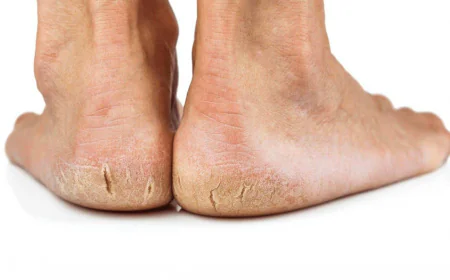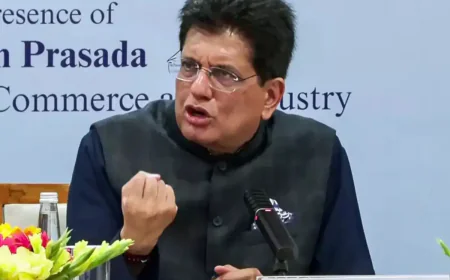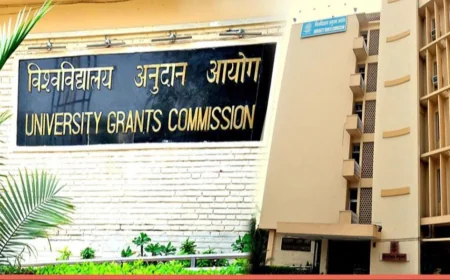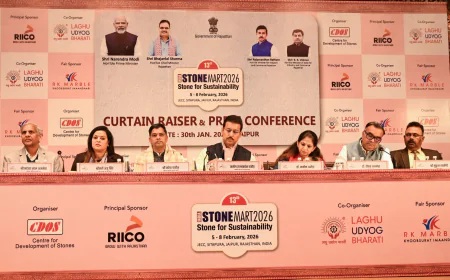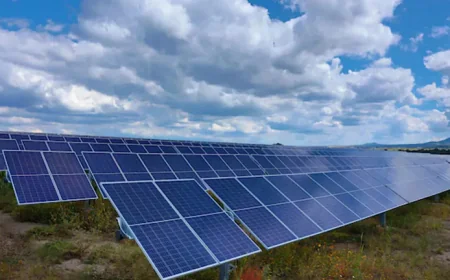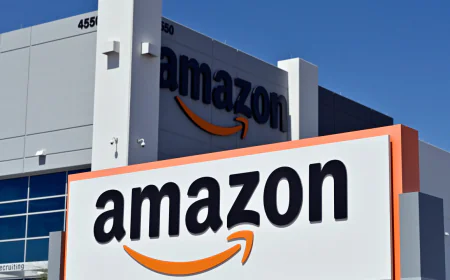India-UK will close Free Trade Agreement on July 24, hope for a 25 billion pound jump in annual trade
India-UK Free Trade Agreement: Both the countries had announced the completion of FTA talks on May 6 this year. The trade agreement proposes to remove taxes on exports of labor-intensive products such as leather, shoes and clothing, while making imports of whiskey and cars from Britain cheaper. Both sides want to double bilateral trade to US$ 120 billion by 2030.

The Free Trade Agreement (FTA) between India and Britain will be signed in London on July 24, with Prime Minister Narendra Modi and Commerce Minister Piyush Goyal attending. An official from the British High Commission in Delhi said that after the agreement, trade between the two countries is expected to increase by 25.5 billion pounds (Rs 2.97 lakh crore) annually. Both nations announced the completion of FTA talks on May 6 this year. The trade deal aims to eliminate taxes on exports of labor-intensive products like leather, footwear, and clothing, while making imports of whiskey and cars from Britain cheaper. The parties aim to double bilateral trade to US$120 billion by 2030. PM Modi will undertake a four-day visit to Britain and the Maldives starting Wednesday, with the goal of strengthening ties in trade, investment, and defense. After signing, the agreement will need approval from the British Parliament and the Indian Cabinet before it can take effect, which is expected to occur about a year after signing.
The US team will visit India in August for the next round of negotiations on the proposed bilateral trade agreement. Previously, the Indian team, led by chief negotiator and Special Secretary in the Department of Commerce Rajesh Agarwal, completed the fifth round of talks in Washington last week, with Assistant US Trade Representative for South and Central Asia Brendan Lynch participating in the discussions.
Anna Shotbolt, Deputy Trade Commissioner for South Asia at the British High Commission in Delhi, stated that the India-UK free trade agreement is expected to boost bilateral trade by 25.5 billion pounds annually. She explained that under the agreement, tariffs will be reduced on 90 percent of goods traded between the two countries. However, Shotbolt emphasized that the agreement is not just about tariffs; many industries will benefit. Companies holding intellectual property will gain strong copyright protections, and the service sector will also see advantages. Additionally, workers on both sides will benefit, leading to increased transparency and certainty. She shared these comments at a recent event hosted by industry organization PHDCCI in New Delhi.
Want to get your story featured as above? click here!
Want to get your story featured as above? click here!

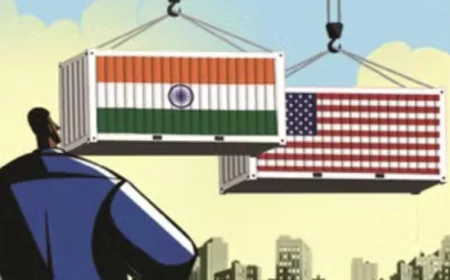



































.jpeg)












